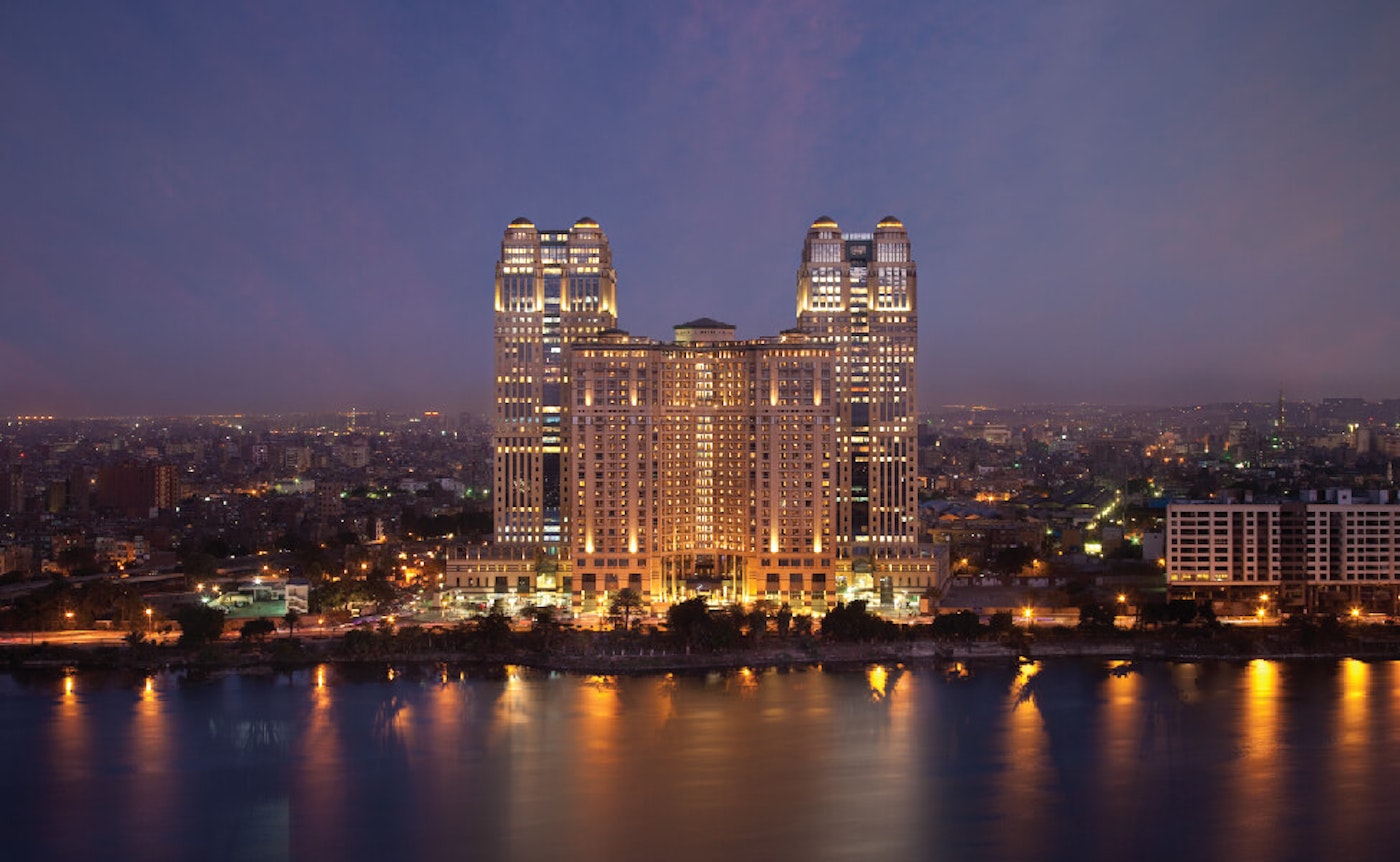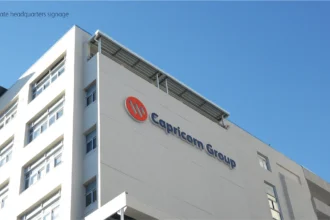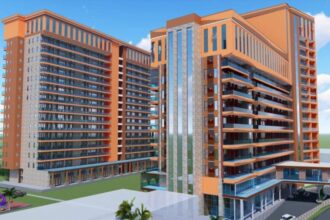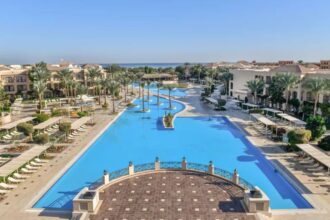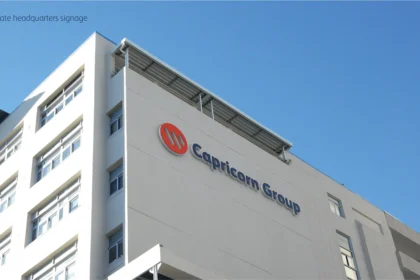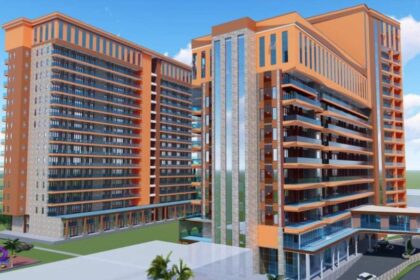At a Glance
- Cairo ranks No.1 in Africa on the 2025 Global Cities Index by Oxford Economics.
- Egyptian capital leads in wealth, home to 15,600 millionaires and seven billionaires.
- Grand Egyptian Museum opening in July set to boost Cairo’s global tourism appeal.
As global urban populations swell, African cities are rapidly climbing the ranks of the world’s most dynamic urban centers. While traditional powerhouses like London, New York, and Tokyo maintain dominance, Africa is becoming a new frontier for economic expansion and urban development.
At the forefront is Cairo, Egypt’s sprawling capital, which tops the list of Africa’s best cities for 2025 by Oxford Economics’ Global Cities Index, signaling the continent’s growing influence on the global stage, and reflecting the Egyptian capital’s growing influence across economic development, population growth, and cultural appeal.
The city placed No. 1 in Africa and 301st globally on the index, which evaluates over 1,000 cities on metrics including economic output, human capital, quality of life, and governance.
Cairo outperformed key African peers such as Johannesburg, Nairobi, and Lagos, affirming its position as the continent’s leading urban hub.
With a metro population exceeding 23 million a staggering rise from just 2.5 million in 1950, Cairo is among the fastest-growing megacities globally.
The city’s rapid expansion is primarily driven by high birth rates, solidifying its status as a key demographic and economic engine in the Middle East and North Africa (MENA) region.
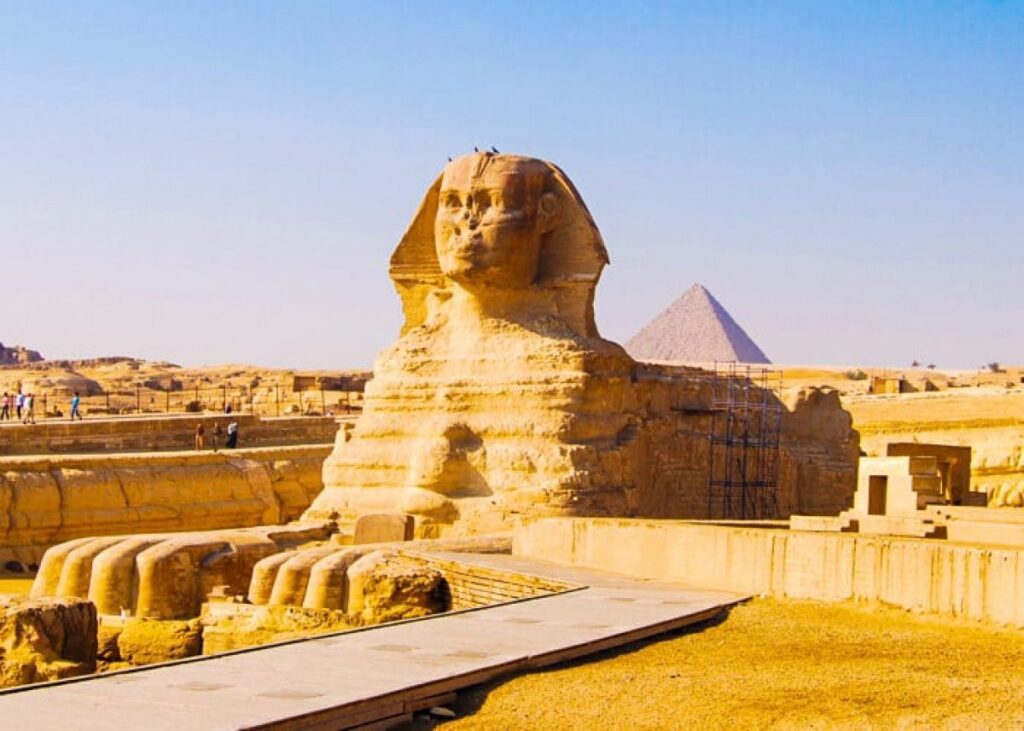
Economic powerhouse with growing millionaire base
Cairo isn’t just Africa’s most populous city—it’s also one of its wealthiest. Home to over 15,600 millionaires and seven billionaires, the Egyptian capital stands as a key financial and cultural hub in the Middle East and North Africa (MENA) region.
Its economy benefits from a diversified base spanning media, entertainment, education, and tourism. The city hosts Al-Azhar University, one of the oldest centers of Islamic learning, and plays a vital role in Egypt’s innovation and services sectors.
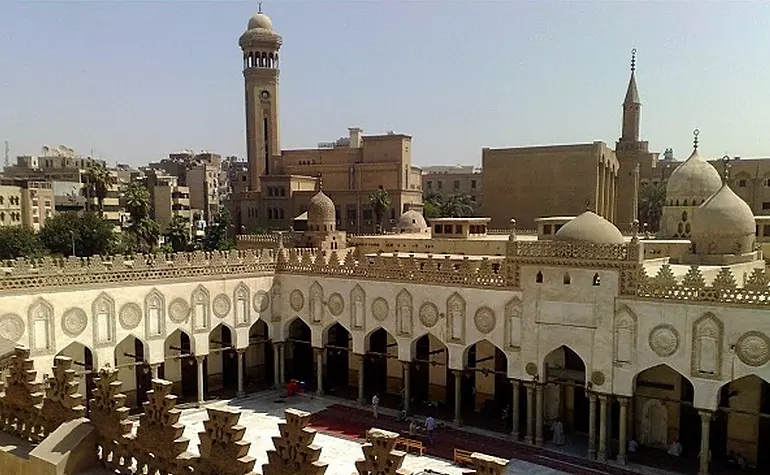
—The city hosts Al-Azhar University, one of the oldest centers of Islamic learning
Cairo’s robust private wealth is driving luxury real estate and infrastructure projects, even as the city battles long-standing issues such as traffic congestion, air pollution, and urban sprawl.
The World Health Organization (WHO) has flagged pollution levels in Cairo at nearly 12 times above safe limits, linking it to respiratory issues and elevated mortality rates.
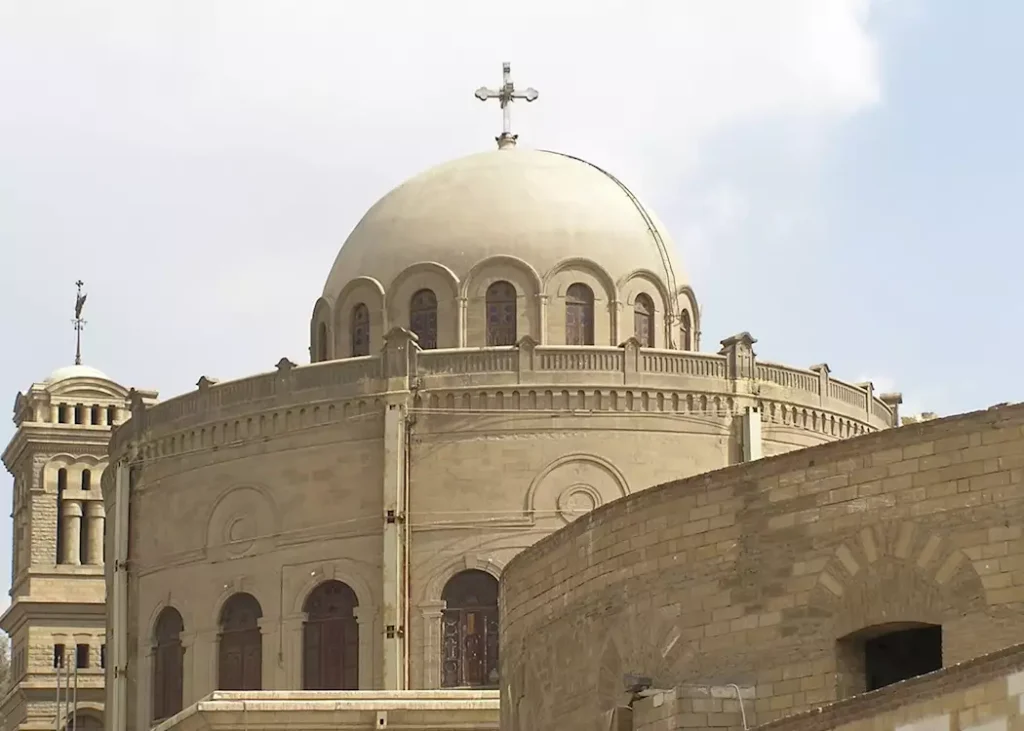
–Coptic Cairo
Tourism set to soar with grand Egyptian museum opening
Despite its urban challenges, Cairo continues to attract global tourists. In 2025, the highly anticipated Grand Egyptian Museum—slated to be the largest archaeological museum in the world—is set to fully open in July.
Featuring over 50,000 artifacts, including the complete Tutankhamun collection, the museum is expected to boost Egypt’s tourism revenues significantly.
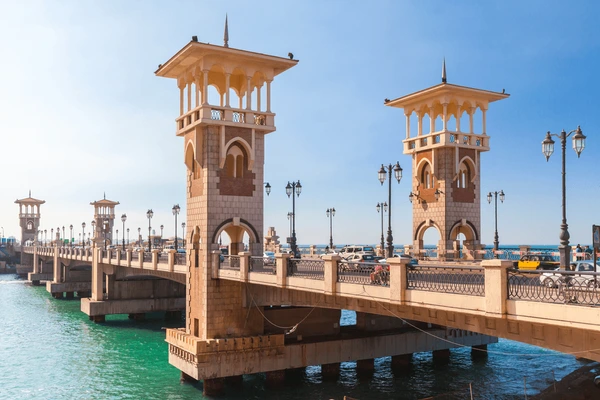
Travel experts from Condé Nast Traveller call it the best time to visit Cairo, with classic attractions like the Pyramids of Giza, Great Sphinx, Khan El-Khalili bazaar, and Coptic Cairo offering a rich blend of history and culture.
With strategic urban reforms and a growing middle class, Cairo is positioning itself as both a gateway to Africa and a global city to watch.
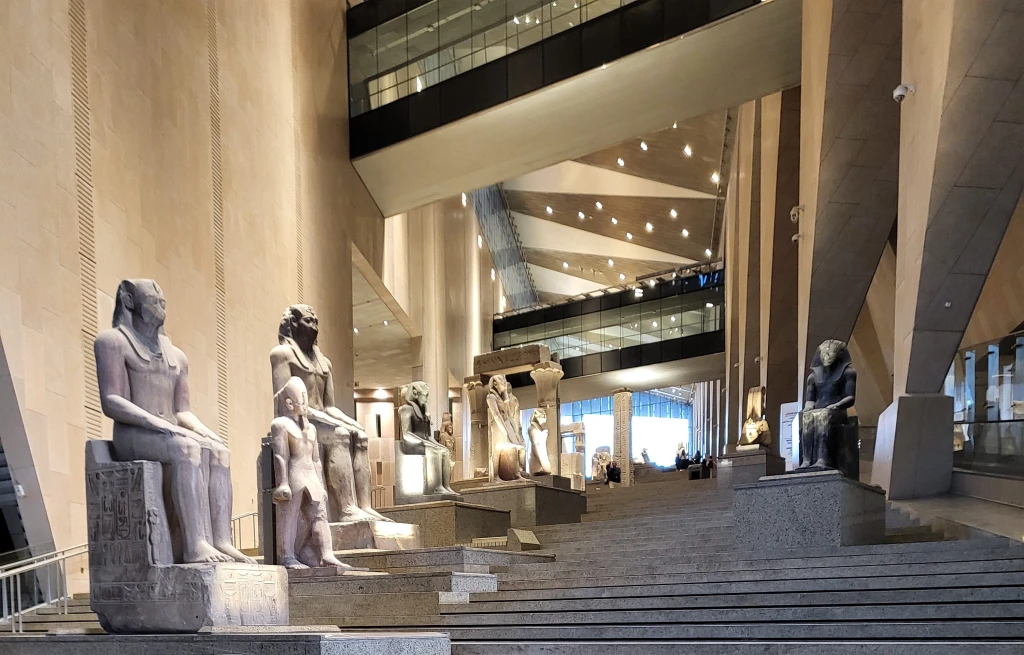
—Grand Egyptian Museum

